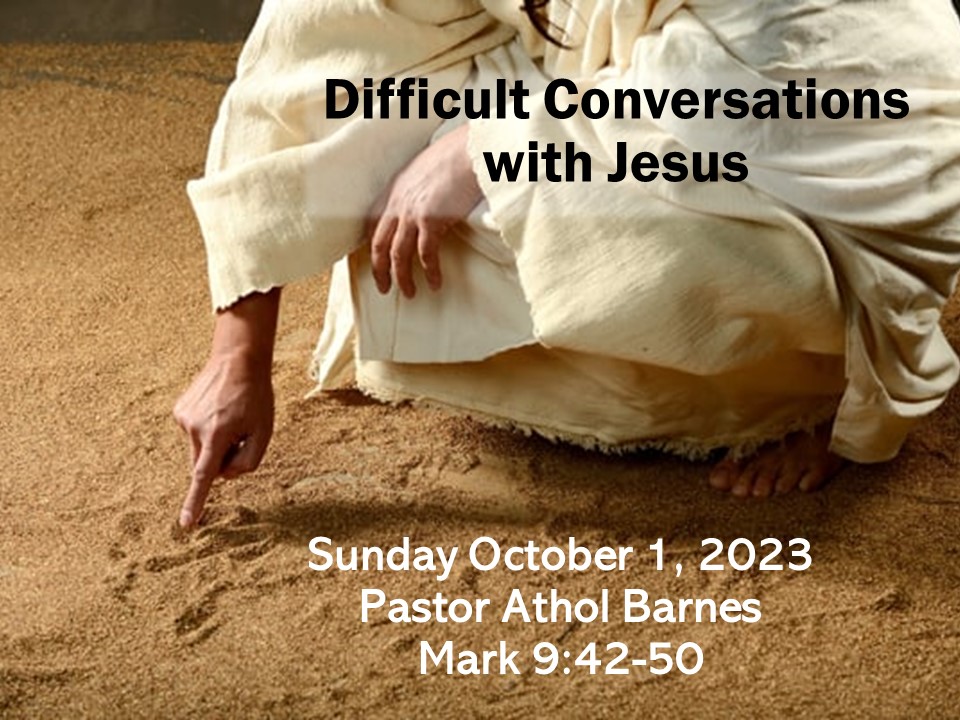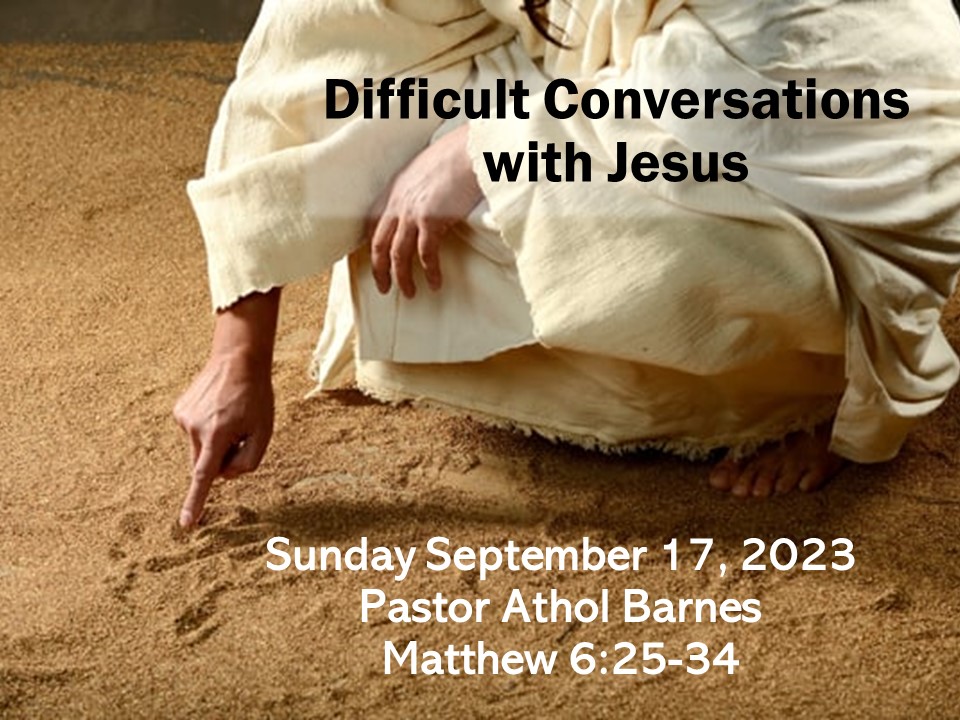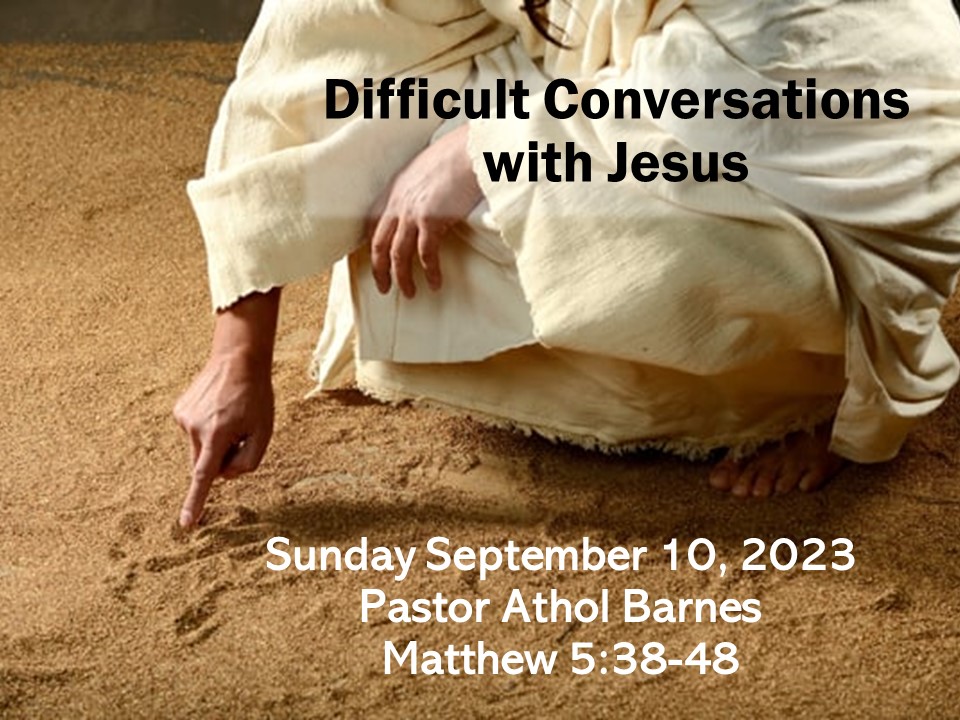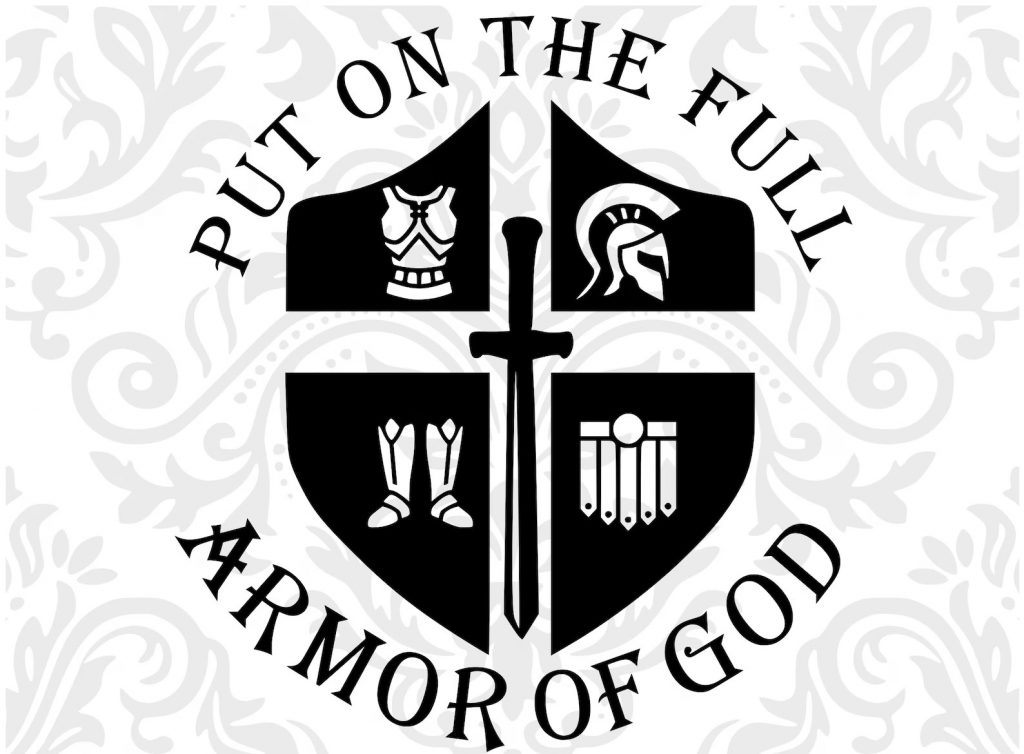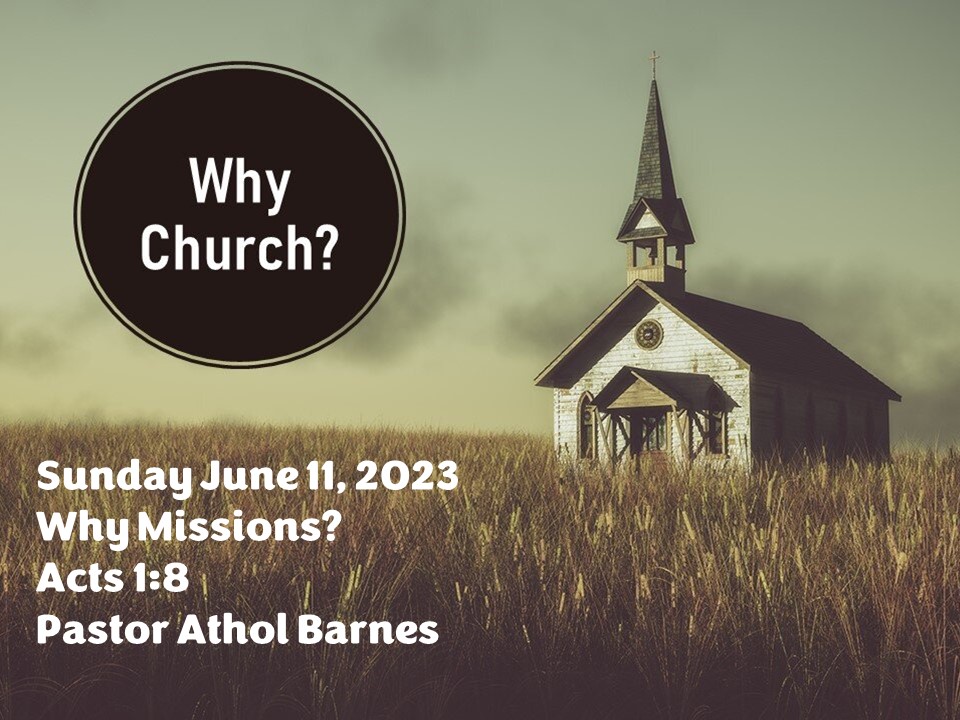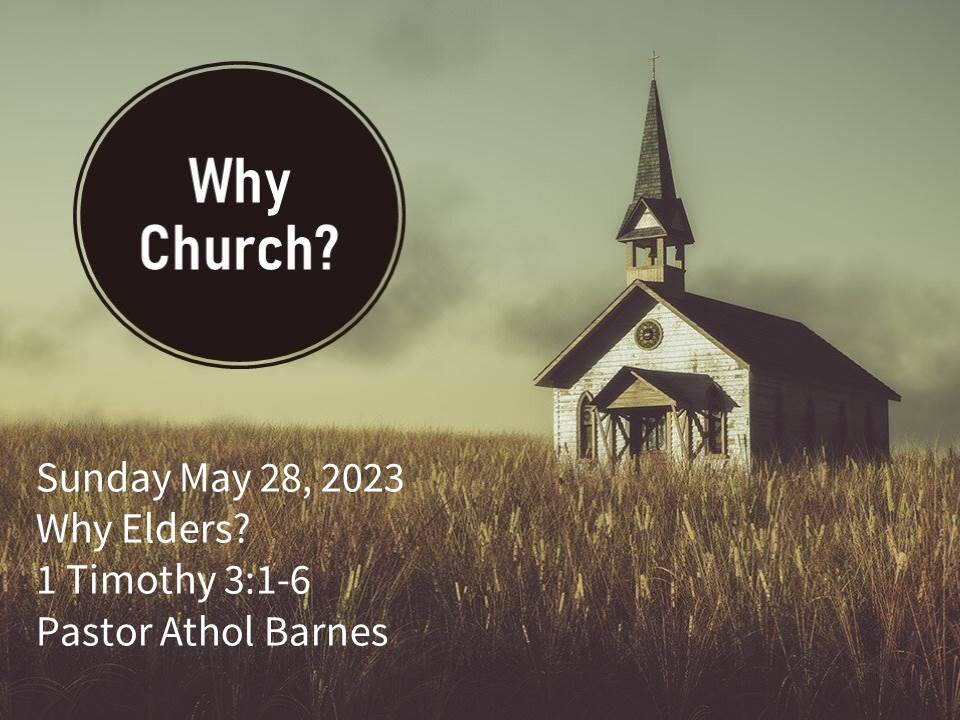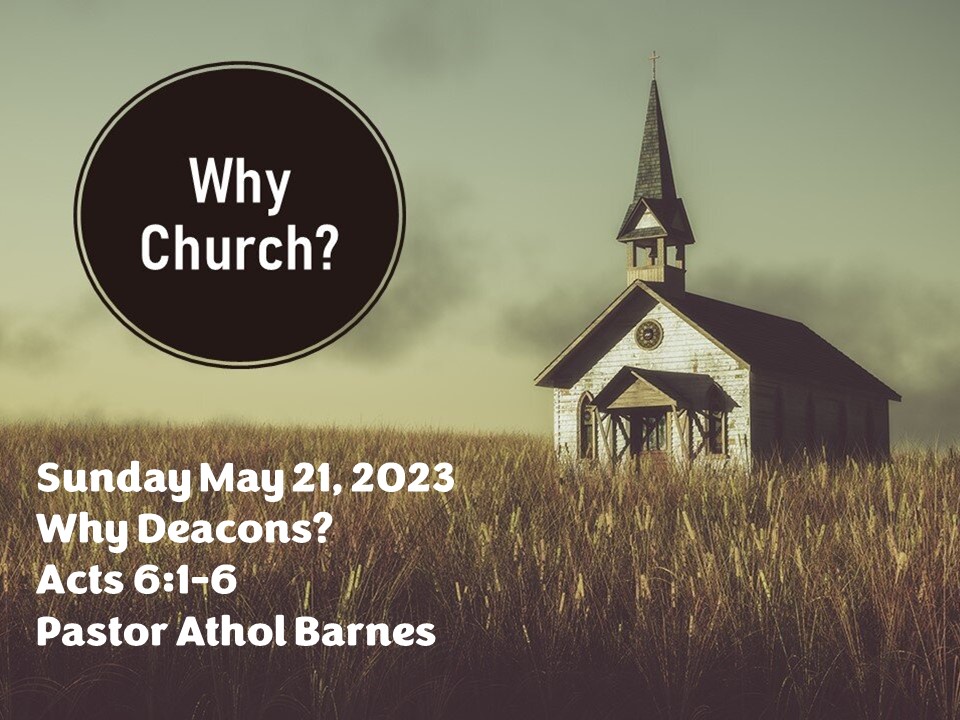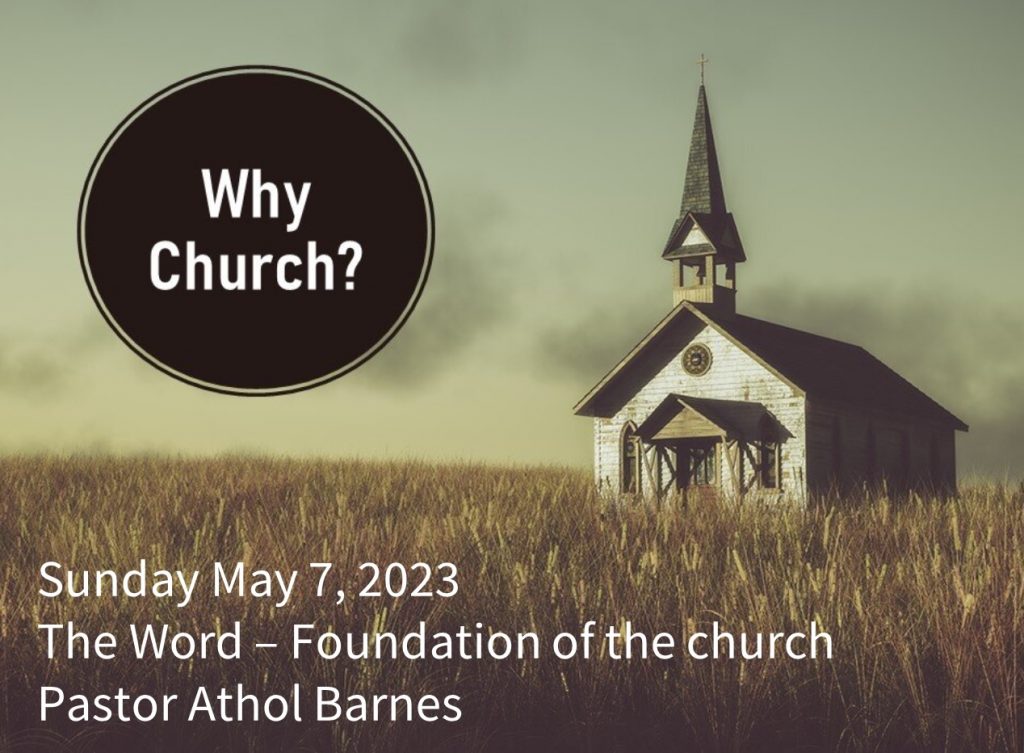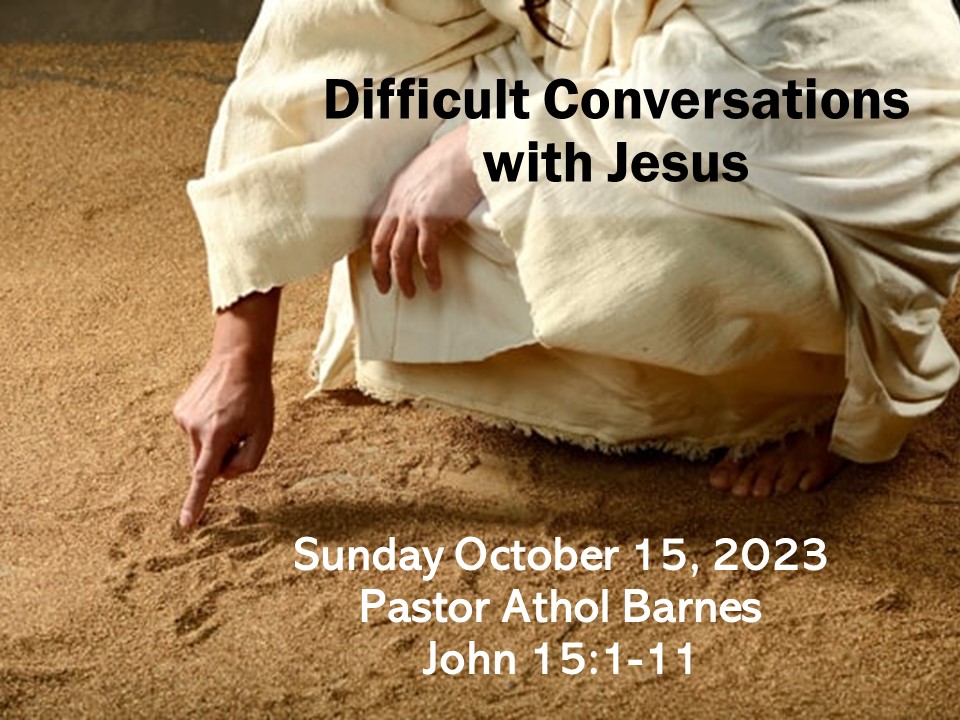
I believe that one disservice that churches throughout the centuries have committed is confusing solemnity for holiness. A grim attitude and hushed silence is appropriate for a funeral, but a person who acts this way in church is not more holy than the next person.
Now, I am not in favor of gross disorder, but we could do with a bit more joy in our church services—and here is why: we are a chosen and redeemed people who have been set free from the bonds of sin and death. Why then are most churches filled with seemingly emotionless people? Of all people in the world, Christians have the most reason to be joyful.
Joy and Happiness
There is a difference between joy and happiness.
Happiness is dependent on external factors. We experience happiness because of things that happen to us, things outside of us that we see or experience. Thus, happiness is not really a choice we make.
Joy, on the other hand, is a purposeful choice, and it is much deeper and more significant than happiness. Joy is a fruit of the Spirit that flows out of a relationship with Christ Jesus as Lord of our lives (see Galatians 5:22-23).
In Matthew 13, Jesus tells a one-verse parable in verse 44. This parable is about a man finding the treasure of the kingdom of God. He finds the Gospel and realizes that in order to gain the reward of the kingdom of heaven, it will cost nothing and everything at the same time. He goes joyfully to sell all he has. As followers of Jesus, we are called to sacrifice by dying to ourselves, giving up our dreams and submitting our lives to the lordship of Jesus. But it is not a burden, because as Jesus taught in this parable, there is greater joy in the kingdom of heaven than the earth. This world is not a joyful place. But the joy of the Lord is a joy that no one can take away. It is a deep-seated peace with God, founded on faith in God and His eternal promises.
Joy and Fruit
During the last meal that Jesus shared with his disciples, he shared many things, including the call of God on his followers to be joyful. Being joyful is directly connected to bearing fruit. In John 15, Jesus describes himself as the vine, the Father as the vinedresser, and his followers as the branches that are pruned and called to produce fruit. According to verse 5, this fruit comes from abiding in Jesus.
Abiding in Jesus is walking with Jesus. It impacts and incorporates our whole lives. Abiding in Christ affects where we go, what we do, and what we think about. We are called to abide in Christ and bear fruit in every dimension and aspect of our lives. We cannot expect to abide with Jesus for one hour a week and then produce fruit!
So what fruit are we to bear for Christ? Our minds might immediately go to the task of soul winning and discipleship. But what if that kind of fruit is really the byproduct of the real fruit? I would suggest that the fruit that Jesus is talking about in John 15 is the fruit of the Spirit, which Galatians 5:22-23 tells us is love, joy, peace, patience, kindness, goodness, faithfulness, gentleness, and self-control. What if people were drawn to Christ and to Christlikeness because of the fruit of the Spirit we display, specifically the joy we exude?
Joy and Prayer
In John 15:7, Jesus makes a promise that has been grossly misused by believers all over the world, saying, “If you abide in me, and my words abide in you, ask whatever you wish, and it will be done for you.” In fact, Jesus repeats a similar phrase six times in chapter 14,15, and 16.
When Jesus said, “whatever you ask for in my name”, he’s not giving us a formula for getting whatever we want; rather, he’s laying down a principle of aligning our desires with God’s. As we pray in Jesus’ name for the kinds of things Jesus himself would pray for, things that will honor God and bring glory to His name, God will give us what we ask so that He receives the glory (see John 16:24).
James explains this in James 4:3, “You ask and do not receive, because you ask wrongly, to spend it on your passions.
As you abide in Jesus and pray in his name, you will be filled with joy (see John 15:11).
Joy and Sin
How many times have you heard in church that joy is the key to overcoming sin? Unfortunately, probably not very many. Sadly, we are given the impression that the best way to overcome sin is to live a monastic lifestyle and never enjoy any of the blessings that God gives us. That is willpower religion, and it does not produce life or fruit. Trying to live the Christian life separated from the vine, hoping to be good enough to produce fruit on our own, is dead religion, and the result is what we read in verse 6—it leads to being cut off from Christ.
In truth, the joy that comes from abiding in Christ is what gives us victory over sin and temptation in our lives. As we taste and see that the Lord and His ways are good (see Psalm 34:8), our affection for lesser things will fade.
Losing and Choosing Joy
This is a difficult conversation with Jesus because we so easily lose our joy. We are too easily pleased by the happy things of this world. God designed you and I to rejoice in Him. That is what we were made for; do not settle for a lesser joy.
In order to have joy, we must be born again. Without Jesus as our Lord and Savior, we will have fleeting moments of happiness but lack the deep-seated peace with God that allows us to experience joy.
But even after we are saved and filled with the Holy Spirit, there are circumstances that cause us to lose our joy. We might lose our joy through sickness, suffering, and depression, or by being overcome by the cares of the world. Psalm 55:22 is a great promise for these times, “Cast your burden on the Lord, and he will sustain you; he will never permit the righteous to be moved.”
We can also lose our joy through unforgiveness, unrepented sin, anxiety, and fear. When we bring these to the cross of Jesus in repentance, we can once again know the fullness of joy that Jesus promised.
Where have you lost your joy today? You can regain it by abiding in Christ.



